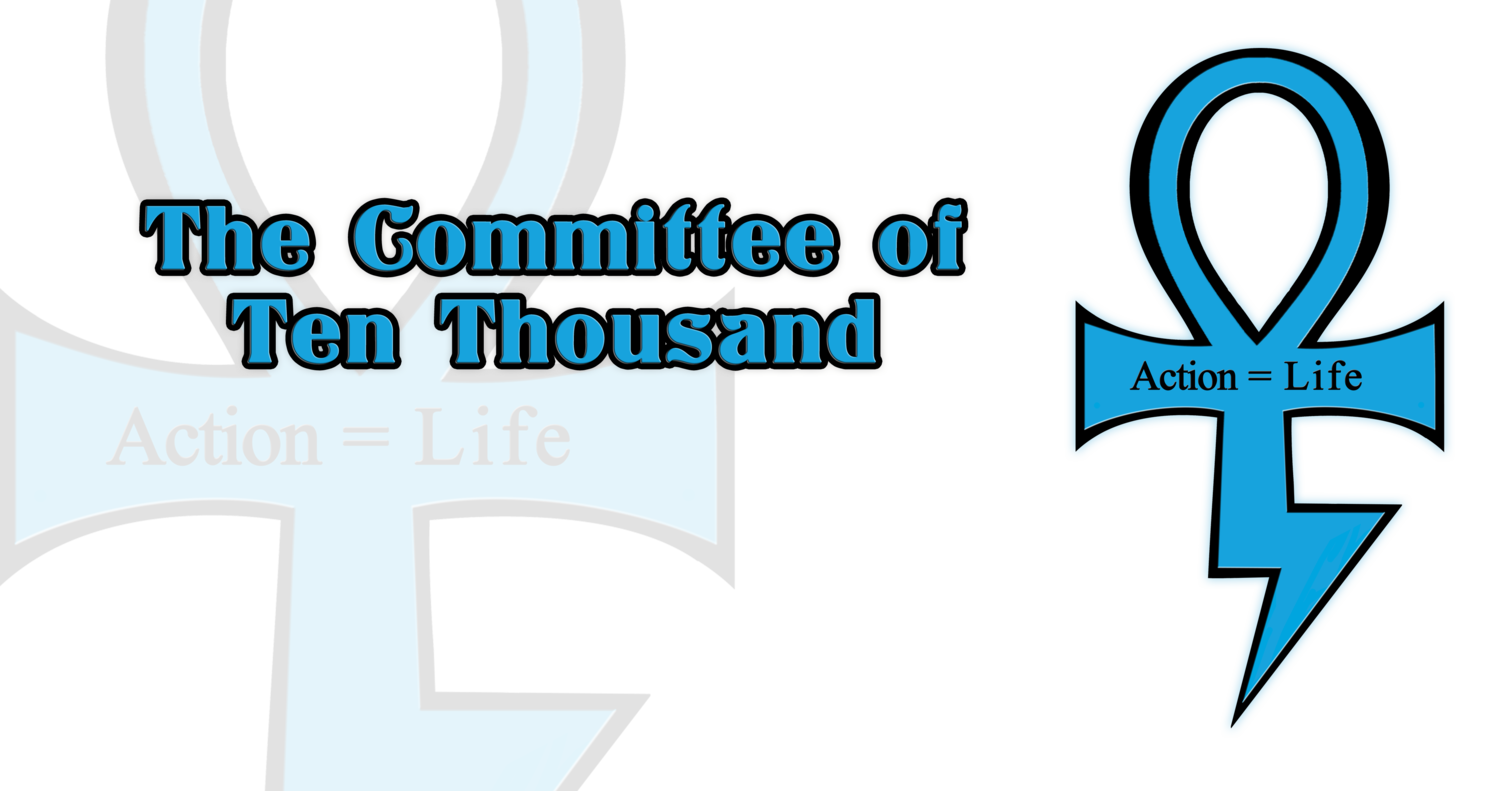Historical Record, Vol. 2
/ Here is the 2nd installment of the "Hemophilia archive e-newsletter". The attachment contains a scanned image from the "archive." Although the photo did not scan well, the text should be legible. In addition to the attachment, I'm including a few relevant comments on the subject, followed by a few notes on the intent and future plans for the "archive" mailings.
Here is the 2nd installment of the "Hemophilia archive e-newsletter". The attachment contains a scanned image from the "archive." Although the photo did not scan well, the text should be legible. In addition to the attachment, I'm including a few relevant comments on the subject, followed by a few notes on the intent and future plans for the "archive" mailings.
Known to industry insiders as "ooze for booze", the practice of locating blood centers in "skid row" districts and soliciting paid blood donations from the homeless, alcoholics, and IV drug users is nicely documented in the attached article which appeared in Philadelphia on March 5th, 1971. This practice was widely known to spread viral hepatitis to consumers of blood products, including hemophiliacs, who were often referred to as the "canaries in the coal mine" for the spread of blood borne viruses because of our heavy use of blood and blood derivatives. Exploiting high-risk individuals for blood donations was desirable for commercial blood banks because it was inexpensive to collect and highly profitatable to resell as "source plasma" to hospitals and pharmaceutical companies who required large amounts of blood for their patients and consumers of blood-derived products after pooling it in vats containing thousands of pints. The blood collection industry was largely unregulated at the time and operated under a patchwork of rules which varied widely by region.
"Stuart Bauer, a writer for 'New York' magazine, investigated the world of down-and-out plasma sellers by becoming one himself. After a loved one died of transfusion-related hepatitis, Bauer went under-cover, donning old clothes and selling his plasma thirteen times over a period of seven weeks. His tale was a bleak one of hardened collectors and avaricious doctors, and of the winos, addicts, malnourished and destitute whose plasma they 'farmed' at the center in Times Square..." * "...he describes a scene in which the doctor at the center finds an elderly donor lying, quite still, with his mouth and eyes open. 'How are we today, Sydney?' he asks the old man. But Sydney is dead. After the body is removed, the doctor remarks that during his years of association with the center the man had donated almost half a million cubic centimeters of blood. 'One always hates to lose a veteran donor with a gamma globulin like his...' " "Another Los Angeles center, called Doctors Blood Bank and run by two local pathologists, paid donors in chits redeemable at a local liquor store."*
* "Blood - An Epic History of Medicine and Commerce" by Douglas Starr, pg. 208-9. Random House, 1998.Please see the attached article. The photo is of a blood collection center on South Street in Philadelphia. Those familiar with Philadelphia might consider the address of the center as an area they'd rather not be after dark...
Now, a few words on the "archive". First, I hope everyone enjoyed the 1st email I sent featuring the 1960 NY Times article examining the potential for peanuts as a remedy for hemophilia. I can provide the article to all those that I've added to my list in the last week. Based on feedback I received from the community, I'd like to add a few thoughts on the use of this "archive" and future mailings. First, in an effort to maintain confidentiality of hemophilia community members, all future correspondance will be sent to "undisclosed recipients". Additionally, I must discourage the use of "reply to all" when commenting on the content of the emails, as this has the potential to rapidly cram everyone's inboxes with unsolicited email. As I mentioned previously, a webpage is being developed on this historical material on which it can be displayed to the community at their convenience. For those on this list who are themselves, hemophiliacs, we'll be posting the material and inviting comment on it through the "Blood Brotherhood" web board which is available on HFA's website at: www.hemophiliafed.org. Click on the Blood Brotherhood link. A thread on the "archive" has already been started on the page on which we can post comments (the Blood Brotherhood page is available only to community members and an account must be set up and approved by the moderators). I'll limit the distribution of these emails to no more than one per week and will try to present the material as objectively and honestly as possible. I will strive to be considerate and respectful of all our community members regarding the emails, website, and BBs' bulletin board, by not engaging in an excess of personal opinions. Some of the archival material relates to a very painful and divisive era for our community and I don't wish to reignite any of the controversy, political invective, or religious proselytizing that webboards of this type have occasionally fallen victim to in the past. I welcome feedback from our community on the "archive" and the method by which we will be distributing it. I will naturally honor all requests to be added to, or removed from the list. Again, I wish to be respecful and considerate of eveyone in our bleeding disorders community and sincerely hope that this little effort will help to preserve our history and pass it on to the next gereration(s). Vol. 3 will be mailed on April 8th and will be a brief review accompanied by memorial videos of the life of Ryan White and his incalculable impact on the hemophilia and HIV/AIDS communities. I hope you enjoy the "archive" mailings.
Your brother-in-blood,
Barry Haarde
